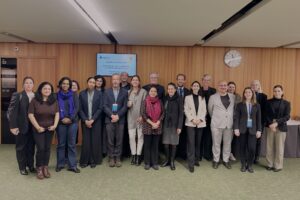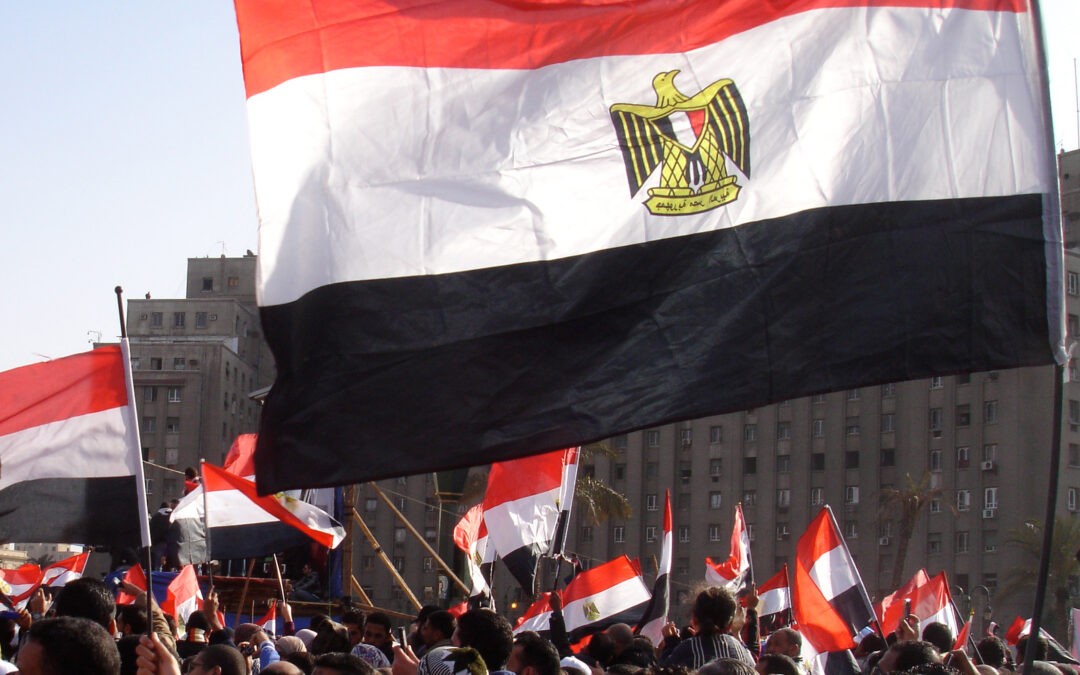
Apr 25, 2013 | News
The ICJ calls on the Egyptian authorities to take immediate steps to guarantee the rights of victims of human rights violations to an effective remedy and to reparation for the serious harm many have suffered.
The authorities should initiate, as a matter of the highest priority, prompt, thorough, independent and impartial investigations into past and ongoing human rights abuses, including cases of arbitrary detention, torture and ill-treatment, and extrajudicial and other unlawful killings.
The statement comes as the ICJ concludes a high-level mission to address the human rights situation in Egypt and to examine the measures being taken by the authorities to address both the legacy of human rights abuses and to ensure accountability for them.
“The Egyptian authorities should ensure that the pattern of widespread and systematic human rights violations committed under the former regime is not repeated. This will involve the comprehensive reform of State institutions and the revision of the national legal framework with a view to ensuring that the rights of victims are safeguarded in line with international standards,” said Justice Kalthoum Kennou, ICJ Commissioner and member of an ICJ mission to Egypt. “Such reforms should target the police and security forces, the Office of the Public Prosecutor, the Forensic Medicine Office and the judicial system as a whole, including by restricting the jurisdiction of the military justice system to exclude civilians and all cases involving human rights violations.”
The ICJ notes that current reparation programmes, established by the government, have a restricted mandate, which has resulted in the arbitrary exclusion of numerous victims and their families from these programmes. They also do not ensure the accessibility of the range of reparations required under international law. Most importantly, such programmes have failed so far to ensure accountability for past and ongoing human rights violations.
“The very few proceedings against State officials have resulted in acquittals or sentences that are not commensurate with the gravity of the crimes committed. In order to end this cycle of impunity, the Egyptian authorities must hold those responsible for gross human rights violations accountable through criminal prosecutions,” said Alejandro Salinas, a Chilean lawyer and member of the ICJ mission. “They should also establish a transitional justice mechanism with sufficient guarantees of independence and with a comprehensive mandate to address the legacy of past and present human rights abuses, while ensuring that impunity does not become entrenched.”
The delegation was led by ICJ Commissioner, Justice Kalthoum Kennou, and Alejandro Salinas, and was supported by ICJ legal advisers, Alice Goodenough and Marya Farah. The delegation met with the then Minister of Justice, Ahmed Mekki, Justice Adel Omar Sherif of the Supreme Constitutional Court, the President and Secretary-General of the National Council for Human Rights, Hossam Al Gheryani and Abdallah El Ashaal, the Director of the National Council for the Care of the Revolution’s Martyrs, Families and Wounded, Khaled Badwy, the Vice President of the Court of Cassation and Secretary General of the High Judicial Council, Justice Mohamed Mahgoub, Chairman of the Human Rights Committee of the Shura Council, Ehab Kharrat, members of the judiciary, the legal profession and civil society, as well as a number of victims, and the families of victims of human rights violations committed before and after the departure of former President Mubarak.
Contact:
Said Benarbia, ICJ Senior Legal Adviser of the Middle East and North Africa Programme, tel: 41 22 979 38 17, e-mail: said.benarbia(a)icj.org
Egypt-ICJ calls auhorities-Press release-2013-Arabic (full text in PDF)
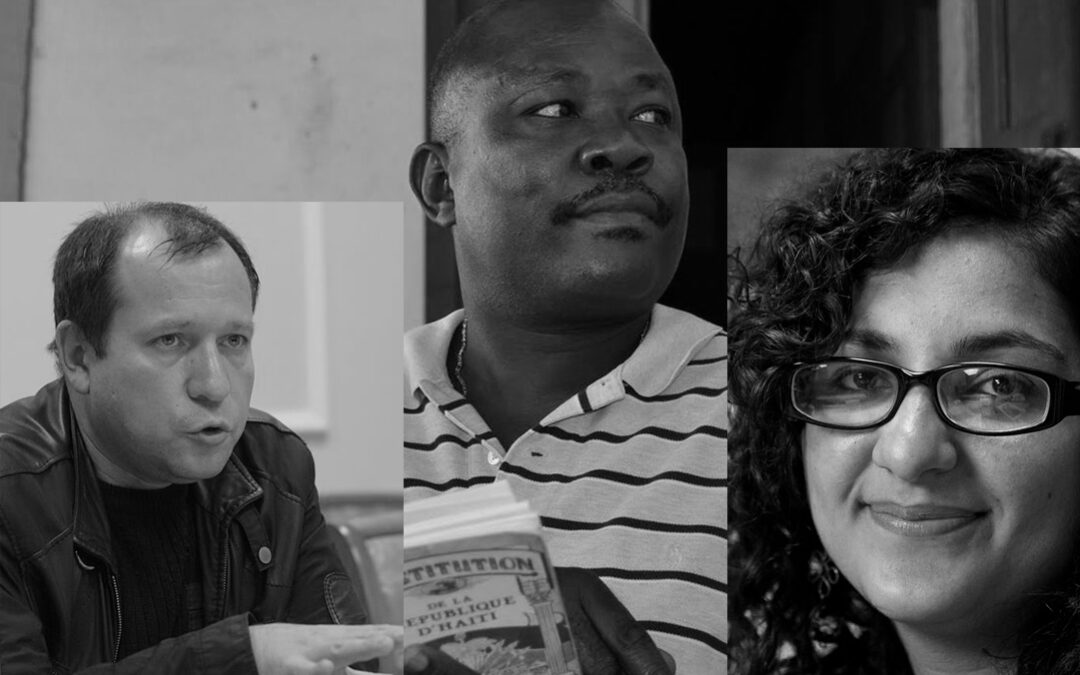
Apr 24, 2013 | Feature articles, News
The three final nominees for the Martin Ennals Award for Human Rights Defenders are Mona Seif (Egypt), Joint Mobile Group (Russia) and Mario Joseph (Haiti). The ICJ is one of the ten members of the jury.
The Martin Ennals Award is given to Human Rights Defenders who have shown deep commitment and face great personal risk. The aim of the award is to provide protection through international recognition.
Selected by ten leading human rights organizations (ICJ, Amnesty International, Human Rights Watch, Human Rights First, International Federation of Human Rights, Front Line Defenders, HURIDOCS, Diakonie – German Protestant Welfare, World Organization Against Torture and International Service for Human Rights) it is the world’s most important Human Rights Prize.
The 2013 Award will be presented on Oct. 8th at a ceremony hosted by the City of Geneva.
Mona Seif (Egypt) is the core founder of the” No To Military Trials for Civilians”, a grassroots initiative which is trying to stop military trials for civilians.
Since February 25, 2011, Mona has brought together activists, lawyers, victims’ families, local stakeholders and started a nationwide movement against military trials.
As part of the recent crackdown on the Freedom of Speech in Egypt she has been charged along with other Human Rights activists.
She noted that “International solidarity, and I mean people’s support not governments, empowers us to continue our battle and stop military trials for civilians“.
After the murder of several human rights activists working in Chechnya, Igor Kalyapin started the Joint Mobile Group. To reduce the risk they send investigators on short missions to Chechnya to document Human Rights abuses.
This information is then used to publicise these abuses to seek legal redress. Igor Kalyapin speaking of the effect of international publicity said “… when the international community is watching us it is more difficult for the authorities to take steps against us…”
Mario Joseph, Haiti’s most important Human Rights lawyer, has worked on some of the most important cases in Haiti, including the current case against the former dictator Jean-Claude “Baby Doc” Duvalier.
His family received asylum in the United States in 2004, while he chose to return to Haiti. He has faced threats and harassment for much of his 20 years as a lawyer although it has intensified in recent months.
He says: “this recognition from the Ennals Award shines a vital spotlight on my work, and on the work of everyone who is fighting for human rights in Haiti. That spotlight will make our work safer and more effective.”
MEA-Short Summary-2013 (read the pdf)
MEA-MONA SEIF bio-2013 (read the pdf)
MEA-JOINT MOBILE GROUP bio-2013 (read the pdf)
MEA-MARIO JOSEPH bio-2013 (read the pdf)
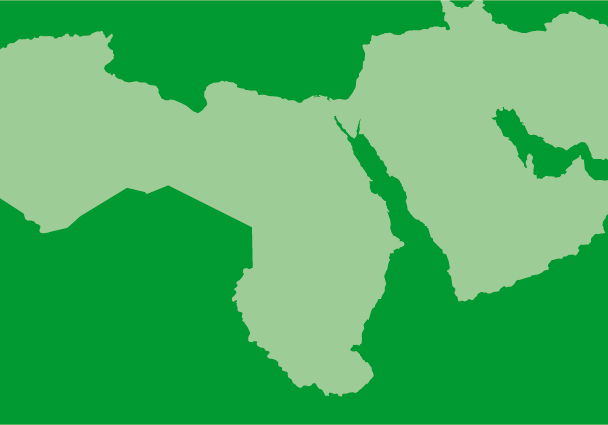
Apr 19, 2013
An opinion editorial by By Ketil Lund, ICJ Commissioner, former Supreme Court Judge of Norway
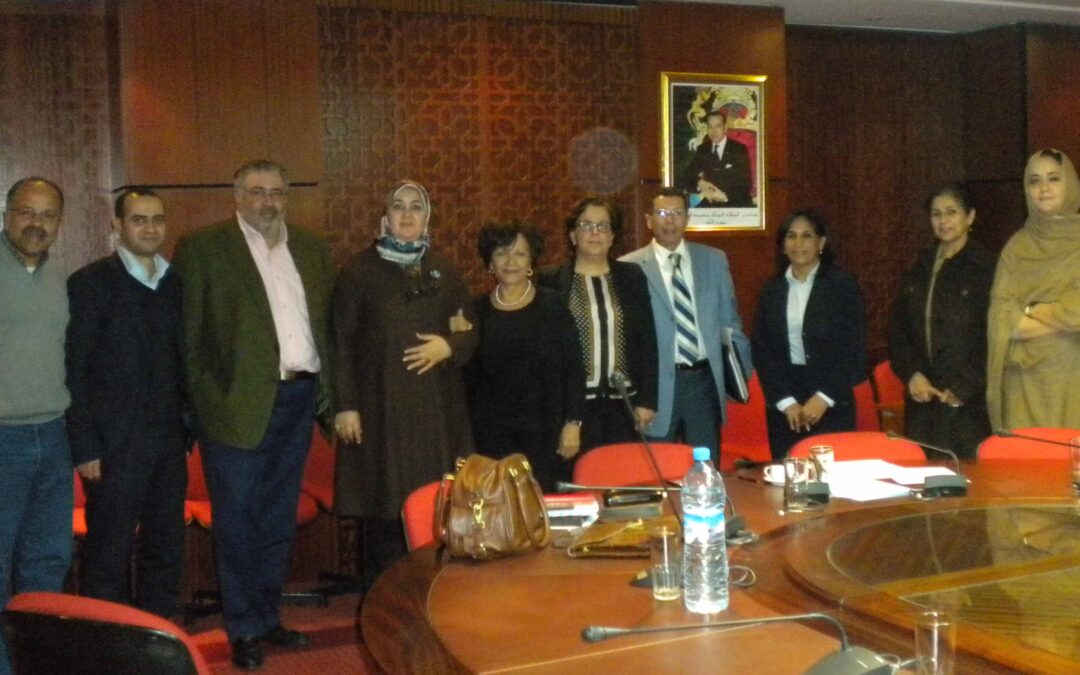
Apr 16, 2013
The ICJ, FIDH and EMHRN call on the Moroccan authorities to comprehensively reform the judiciary and to bring it in line with international standards.
Reforms should be aimed at ending effective executive control over the Higher Judicial Council, reforming the statute of magistrates, ensuring the independence of prosecutors and removing the military court’s jurisdiction over civilians.
The call comes as the ICJ, the International Federation for Human Rights (FIDH) and the Euro-Mediterranean Human Rights Network (EMHRN) ended a high-level mission to Morocco to assess the current legal framework and its adherence to the principles of judicial independence, impartiality and accountability.
In a memorandum addressed to the Moroccan authorities, the three organizations formulated 20 specific recommendations for reform.
“The Moroccan authorities should amend the law to put an end to the comprehensive control the executive exercises over the career of judges, including their nomination, promotion and disciplinary proceedings against them, and should adopt a new law on the Higher Judicial Council”, said Souhayr Belhassen, FIDH president.
In addition, the Moroccan Military Code extends the jurisdiction of military tribunals to try civilians, in contravention of international law and standards. It fails to provide full guarantees of fair trial by a competent, independent and impartial tribunal, including the rights to defence and to appeal.
“The Moroccan authorities must end the use of military courts to try civilians and limit the jurisdiction of military tribunals to military offences and personnel only”, said Michel Tubiana, EMHRN president.
The organizations reiterated that the Moroccan authorities should also take immediate measures to end executive control over the Office of the Public Prosecutor.
“The subordination of Moroccan prosecutors to the Minister of Justice has had an adverse impact on the investigation and prosecution of human rights abuses. Moroccan authorities should act to ensure that prosecutors are able to carry out their duties independently, impartially and in defence of human rights”, said Said Benarbia, ICJ senior legal adviser for the Middle East and North Africa (MENA) programme.
During the mission, the delegation met with Mr. Mustapha Ramid, Minister of Justice; Mr. Karim Ghallab, President of the Deputies Assembly; Mr. Omar Dkhil, President of the Justice and Legislation Commission of the Counsellors Assembly; Mr. Driss El Yazami, President of the National Council for Human Rights; the Parliamentarian Network against the Death Penalty; and civil society representatives, including human rights organisations. These organizations have persistently called upon the Moroccan authorities to reform the judicial system.
The delegation was composed of Souhayr Belhassen, FIDH president; Michel Tubiana, EMHRN president; and Said Benarbia, ICJ senior legal adviser for the MENA programme.
Contact:
Said Benarbia, ICJ Senior Legal Adviser of the Middle East and North Africa Programme, tel: 41 22 979 38 17, e-mail: said.benarbia(a)icj.org
Morocco-Mémorandum sur la réforme du pouvoir judicaire-mission report-2013-ar (full text in pdf)
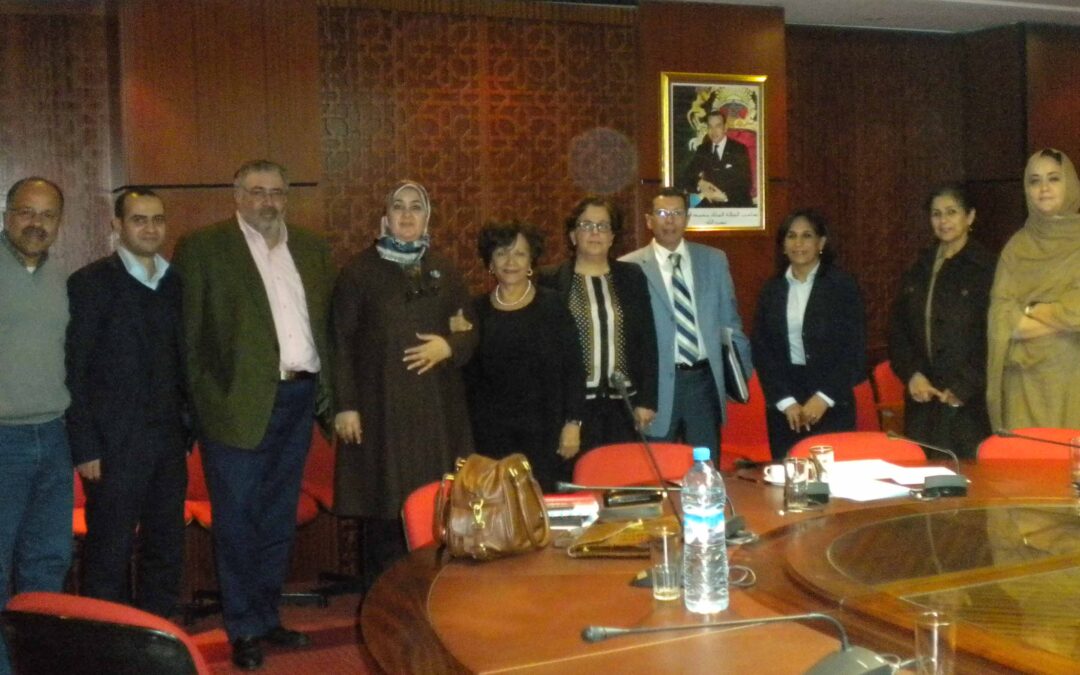
Apr 16, 2013 | Communiqués de presse, Nouvelles
Aujourd’hui, la CIJ, la FIDH et le Réseau euro-méditerranéen des droits de l’Homme (REMDH) ont appelé les autorités marocaines à réformer le système judiciaire en profondeur et à le mettre en conformité avec les normes internationales.
Les réformes devraient viser à mettre un terme au contrôle effectif de l’exécutif sur le Conseil supérieur de la magistrature ; à réformer le statut des magistrats ; garantir l’indépendance des procureurs et retirer aux tribunaux militaires leur compétence pour juger des civils.
Cette déclaration intervient au terme d’une mission de haut niveau effectuée au Maroc par les trois organisations afin d’évaluer le cadre juridique actuel et son respect des principes relatifs à l’indépendance, l’impartialité et la responsabilité du pouvoir judiciaire. Dans un mémorandum adressé aux autorités marocaines, les organisations ont formulé 20 recommandations spécifiques portant sur la réforme.
« Les autorités marocaines devraient amender la législation afin de mettre fin au contrôle global exercé sur la carrière des juges, notamment leur nomination, promotion et les procédures disciplinaires à leur encontre, et devraient adopter une nouvelle loi portant sur le Conseil supérieur de la magistrature » a déclaré Souhayr Belhassen, Présidente de la FIDH.
Par ailleurs, le code militaire marocain étend la juridiction des tribunaux militaires pour juger des civils, et ce, en contradiction avec le droit et les normes internationales. Il ne prévoit pas de garanties à un procès équitable par un tribunal compétent et indépendant, notamment les droits à la défense et de faire appel.
Morocco-Independent Judiciary-press release-2013-Fr (Communiqué de presse complet en PDF)
Morocco-Mémorandum sur la réforme du pouvoir judicaire-mission report-2013-fr (Texte complet en PDF)






